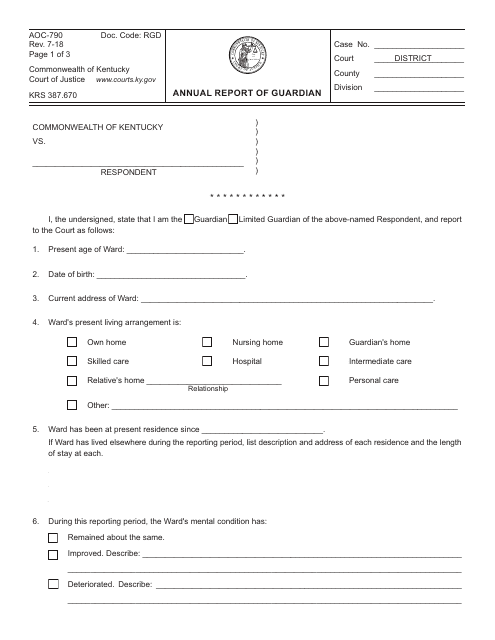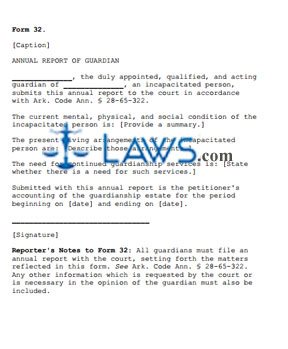
The court visitor cannot be the same person as the child’s attorney. The court may also appoint a court visitor for the child. If the child is too young to state their wishes, the attorney will advocate for the child’s best interest. The attorney will advocate for the child’s wishes. The court may also appoint an attorney to represent the child. The court will appoint an attorney to represent a parent. What can I do?Ī parent who does not agree to the guardianship and cannot afford an attorney, can ask for an attorney. I am a parent and can’t afford an attorney, but want to fight the guardianship. The judge will consider the results of the background check in deciding whether someone is a suitable guardian. However, the court may waive the fees for good cause. The person filing for guardianship is responsible for the costs of the background check. This includes a criminal records check, a child abuse registry check, a dependent adult abuse registry check, and a sex offender registry check. Minor guardianship cases are filed in juvenile court.Īll proposed guardians have to submit to a background check. Where do you file for a minor guardianship? A fit parent is the preferred decision maker for their children. The Iowa Supreme Court has confirmed a parent’s fundamental right to the care, custody and control of their children. If the parents do not consent, then the proposed guardian must show by clear and convincing evidence that a guardianship is needed. O No parent is willing or able to parent the child and appointment is in the best interest of the child. The court will consider: the intent of the parent in placing the child with the caretaker the amount of communication and visitation with the minor and, the parent’s refusal to comply with conditions for retaining custody from any previous court orders. O The parents have not consistently participated in the life of the child. O A person is acting as the child’s caretaker.

O It is in the best interests of the child.

O There is a need for the guardianship because the parent has an illness that prevents the parent from providing care, the parents are incarcerated, on active military duty, or some other good cause. O Parents knowingly and voluntarily consent to the guardianship. But only if the person is qualified and suitable. Parents have died: The court will give preference to a person named in a parent’s will.There are three different standards for a minor guardianship: (1)when both parents have died, (2)when the parents consent, (3)and when parents don’t consent. When this happens, another person, often a family member or friend, can ask the court for legal authority to care for the child. This could be due to death, disability, or some other reason. Local judicial courts vary in the amount of supervision they provide guardians, and the findings from this research provide needed research to inform guardianship practices as demand increases for these services with the demographic imperative of an aging population and increasing prevalence of dementia-related health conditions.Sometimes neither parent can take care of a child. Delinquencies in filing required medical condition documentation was common and over half of all cases had at least one delinquency in their case history and 33% had a filing delinquency within the past 2 years. Court monitoring of medical conditions varied with annual, biannual, triennial, or 5 year requirements. Approximately 28% had case histories over 10 years, 26% 5 to 10 years, 12% 3 to 5 years, 22% 1 to 2 years, and 12% were open cases for fewer than 12 months. Most of the sampled cases (96%) had private appointed guardians. A systematic random sample using the 99 counties within Iowa as strata was extracted for all open guardianship cases.

This study addresses this gap by using the publicly-available Iowa Courts online database to collect data elements useful for the investigation of the process of guardianship practice. Guardianship, as a best practice, should provide persons with medical incapacity support for better medical care decision making, but the examination of health outcomes for those under guardianship has a dearth of evidence in practice and within the research literature.


 0 kommentar(er)
0 kommentar(er)
